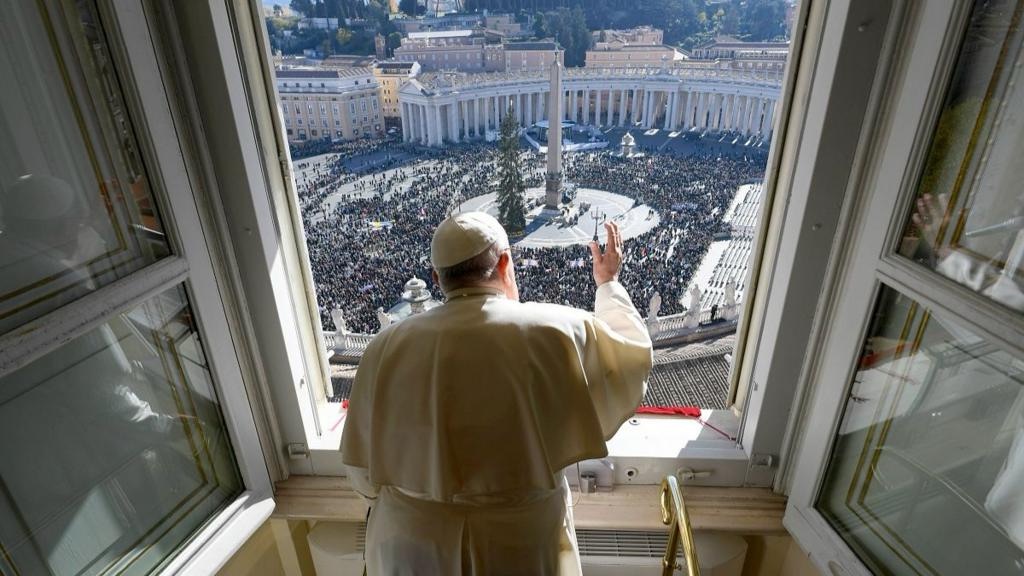As he would say: “Let us always meet each other with a smile, for the smile is the beginning of love.”
Pope Francis, born as Jorge Mario Bergoglio, became the first pope from the Americas and the first Jesuit pope in history. Known for his humility and focus on social justice, his papacy has left a lasting impact on the Catholic Church and the world.
Early Life and Education:
Born Jorge Mario Bergoglio on December 17, 1936, in Buenos Aires, Argentina, he was the eldest of five children to Italian immigrants Mario José Bergoglio, an accountant, and Regina María Sívori, a homemaker. Growing up in the Flores neighborhood, young Jorge attended the Salesian school Wilfrid Barón de los Santos Ángeles and later graduated as a chemical technician from Escuela Técnica Industrial Nº 27. Before entering the seminary, he worked in a food laboratory and briefly as a bouncer and janitor. At age 21, after recovering from a severe illness that led to the removal of part of his lung, he felt a calling to the priesthood. In 1958, he entered the Society of Jesus (Jesuits) and was ordained a priest in 1969.

Rise in the Church:
Bergoglio’s ascent within the Catholic Church was marked by humility and dedication. He served as the Jesuit provincial superior in Argentina from 1973 to 1979, emphasizing social justice and pastoral care. In 1992, he was appointed Auxiliary Bishop of Buenos Aires, becoming Archbishop in 1998. Known for his simple lifestyle, he often traveled by public transport and lived in modest accommodations. His commitment to the poor and marginalized earned him widespread respect. In 2001, Pope John Paul II elevated him to the College of Cardinals .
Papacy and Global Influence:
On March 13, 2013, following Pope Benedict XVI’s resignation, Cardinal Bergoglio was elected as the 266th pope, taking the name Francis in honor of Saint Francis of Assisi. He became the first pope from the Americas, the Southern Hemisphere, and the Jesuit order. Pope Francis’s papacy was characterized by a focus on humility, inclusivity, and social justice. He emphasized the Church’s role in addressing climate change, economic inequality, and the plight of refugees. His encyclical Laudato Si’ called for urgent action on environmental issues. He also advocated for a more compassionate approach to LGBTQ+ individuals and sought to reform the Vatican bureaucracy .
Final Years and Passing:
In his later years, Pope Francis faced health challenges, including respiratory issues. Despite these, he continued to fulfill his papal duties, making his final public appearance on Easter Sunday, April 20, 2025. He passed away the following day, Easter Monday, April 21, at the age of 88, due to a cerebral stroke that led to irreversible cardiac arrest. His death marked the end of a transformative 12-year papacy that left a profound impact on the Catholic Church and the world .
Legacy and Funeral:
Pope Francis’s funeral is scheduled for Saturday, April 26, 2025, in St. Peter’s Square, Vatican City. In accordance with his wishes, the ceremony will be modest, featuring a simple wooden coffin and burial at the Basilica of Santa Maria Maggiore. Global leaders, including U.S. President Donald Trump, Prince William, and Argentine President Javier Milei, are expected to attend, reflecting his widespread influence. His legacy endures through his efforts to modernize the Church, promote interfaith dialogue, and advocate for the marginalized .





